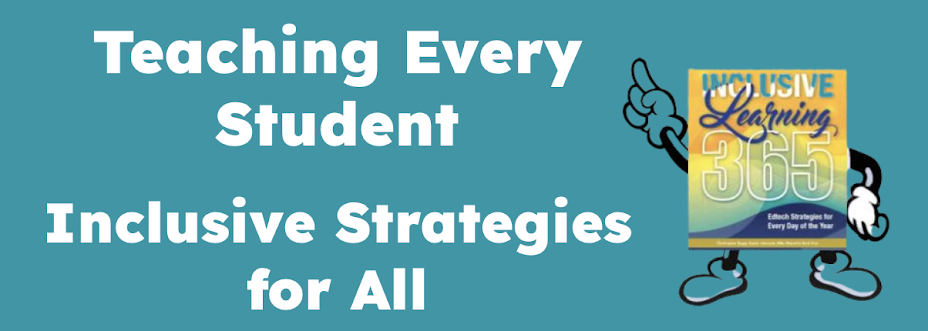Can't say I'll be back with regularity but I have to share something I read this morning, eloquently written by Richard Ellenson, advocate for equality and equity for all students. He writes from a parent's perspective and shares this:
My kid is different than your kid.
He is sixteen; smart, self-aware, kind, funny, loves his friends, loves the Yankees, loves Broadway even more…. and Apple products even more than that.
He’s also in a big electric wheelchair. He can’t speak words, and instead he talks using an app on his iPad. He loves big rare steaks but needs help to eat them. When he goes on a date, someone has to accompany him. And, of course, he needs to deal with the big psychological impact of all that – which he does with amazing grace.
He’s a wonder.
But not everyone sees that. Instead, teachers are often stopped short by the more obvious manifestations of his disabilities. They don’t see his challenges; they see their own.and this:
...It’s not the kids that are disabled; it’s the educational system. But maybe what’s broken isn’t the process, but the belief system: the one that is incapable of processing information like that in this chapter: the one that reacts instinctively to the notion of UDL or inclusion with a tingle in the gut that says, “Hey. I need to be honest with myself. These kids can’t really cut it. And I don’t want to fail…. so how do I change what I teach… not how I teach.”
How do you change a belief system? What parts of the brain do that?Read the rest of his words and challenge yourself to be that educator who recognizes the challenges of your students, and not your own. Who implements instructional methods that reach all learners, no matter their variability. Who starts with the belief system that every student can learn.
Learn more by reading Chapter 3, in the book Universal Design for Learning: Theory and Practice.
Summer is the perfect time to reflect on your own practices and model a love for lifelong learning. Learn how you can reach all learners using principles of UDL, multiple methods of engagement, presentation, and expression. Have questions? Leave them in the comments or email me directly.

No comments:
Post a Comment